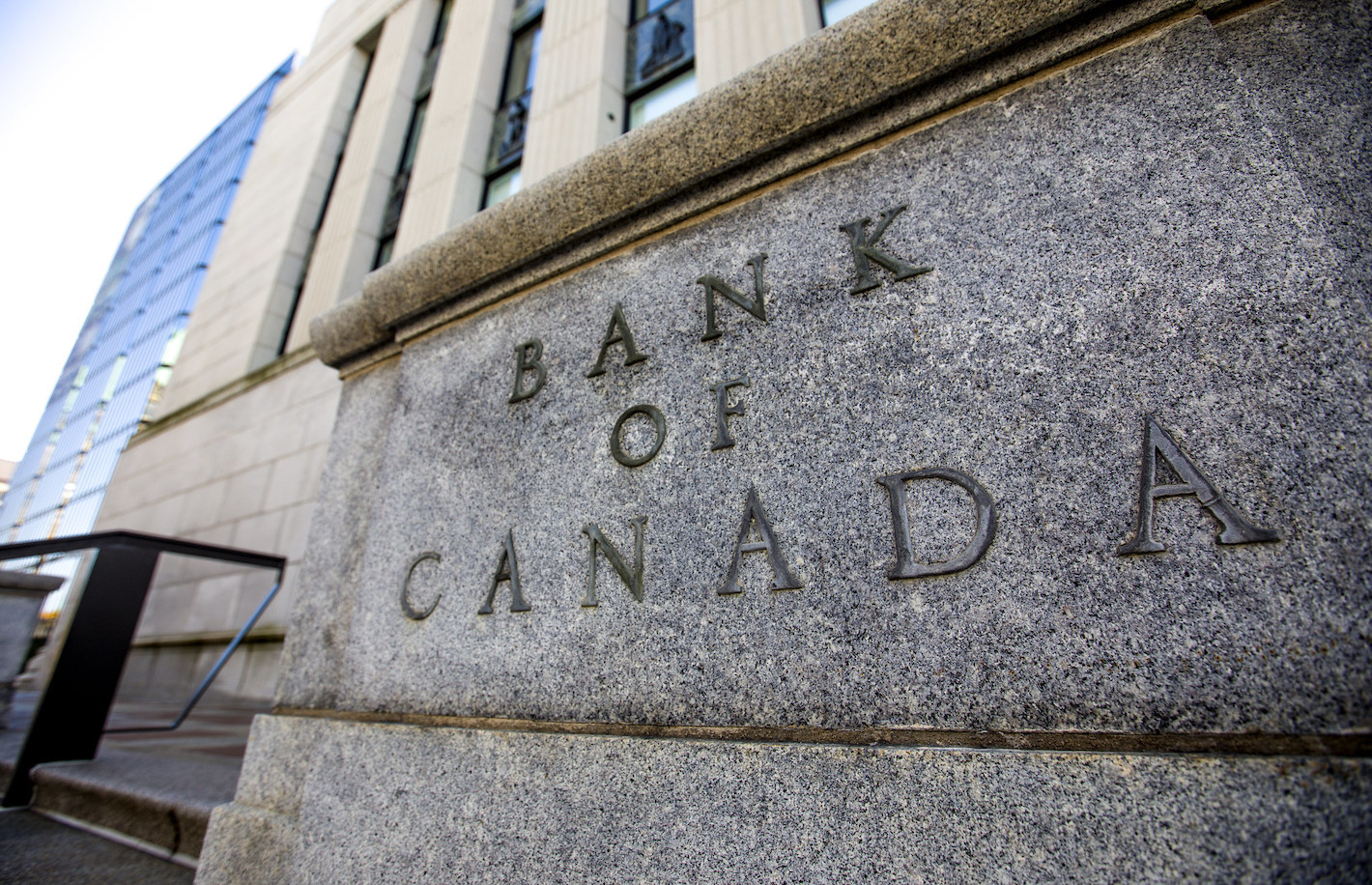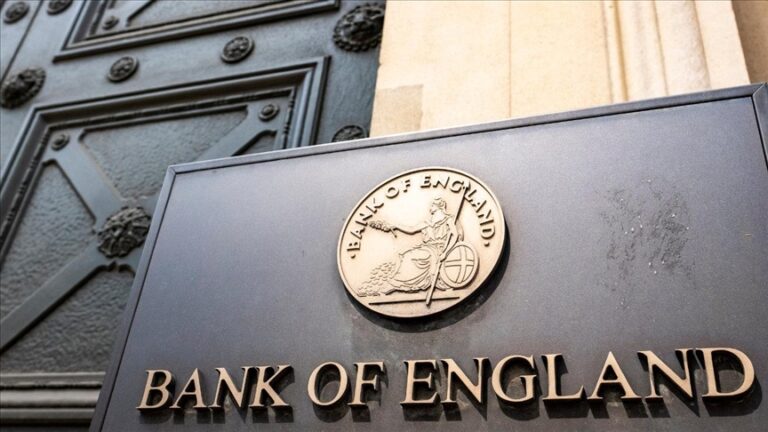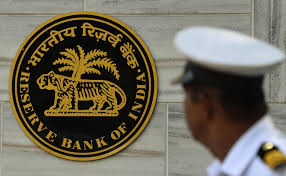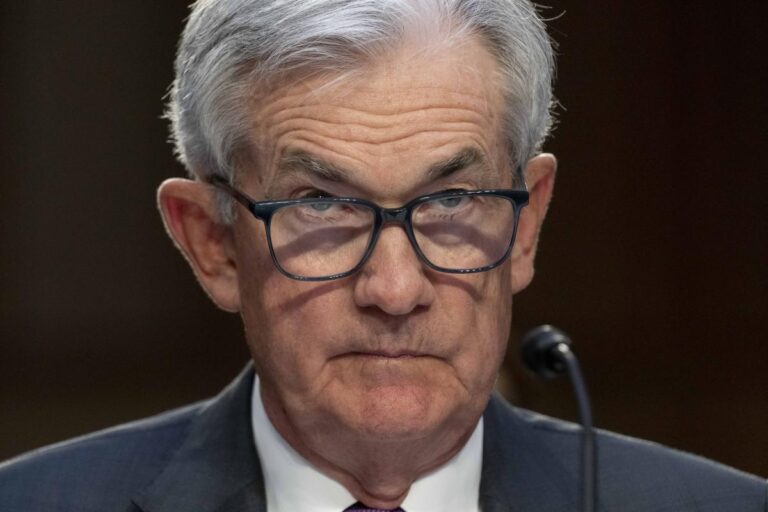Bank of Canada Expected to Maintain Rates amid Decreasing Inflation and Global Financial Turmoil
Analysts predict that the Bank of Canada will maintain its current interest rates on Wednesday due to cooling inflation and stress in the global banking system, despite the acceleration of growth in the first quarter.
Last month, Governor Tiff Macklem announced that the Bank of Canada would pause its tightening campaign, leaving the benchmark rate at 4.50%.
Macklem stated that he wanted to allow the effects of the eight previous rate hikes to settle in and that the bank would refrain from further increases as long as inflation decreased as forecasted.
While growth at the start of the year has exceeded the Bank of Canada’s expectations, inflation has been gradually decreasing, reaching 5.2% in February from its peak of 8.1%.
However, the recent bank failures in the United States and Europe have raised concerns among central bankers about a potential widespread credit crunch.
“Having led the way to the sidelines, the widespread view is that the global banking sector strains will have locked (the Bank of Canada) there,” said Doug Porter, chief economist at BMO Capital Markets, in a note.
According to a Reuters poll of 33 economists, all of them believe that the Bank of Canada (BoC) will maintain its current key overnight rate.
However, the money markets are predicting that the central bank’s next action will be a rate cut.
On Wednesday, the BoC is set to release its monetary policy report, which will include new forecasts.
In January, the bank predicted 0.5% annualized growth in the first quarter; however, most analysts now anticipate growth to be approximately 2.5% following a period of stagnation in the fourth quarter of last year.
“Were it not for banking sector turmoil, central bankers might have seen enough evidence to raise rates again,” said Royce Mendes, head of macro strategy at Desjardins Group, in a note.
“The BoC will continue to warn that more hikes are possible,” he said.
Deputy Governor Toni Gravelle stated last month that the BoC is prepared to take action in the event of a significant market-wide stress in the financial system.
He also mentioned that Canada is not currently close to that point.
However, data provider ORTEX’s calculations reveal that hedge fund bets against Canada’s TD Bank Group amounted to $4.2 billion last week, making it the most shorted banking stock globally.
This has caused concern among some analysts due to the bank’s exposure to U.S. regional lenders.
“Hiking in this environment would put markets on high alert,” said Jay Zhao-Murray, FX Market Analyst at Monex Canada, in a note.
According to analysts, Canada’s rapid population growth might prompt the Bank of Canada to increase its estimate of the neutral interest rate, which currently sits at a range of 2% to 3%.
The neutral rate is the point at which monetary policy is neither boosting nor restraining the economy, and a rise in the projection may imply that the central bank anticipates interest rates will eventually stabilize at a higher level than previously anticipated.






